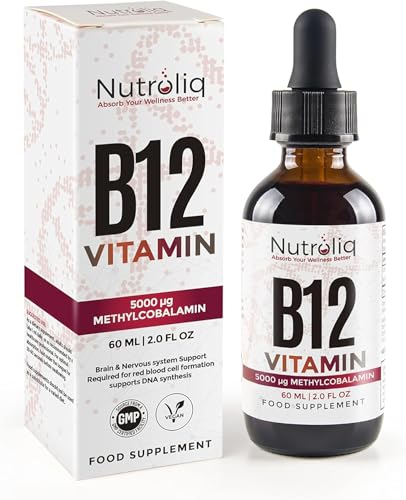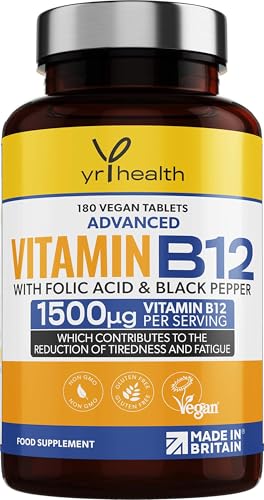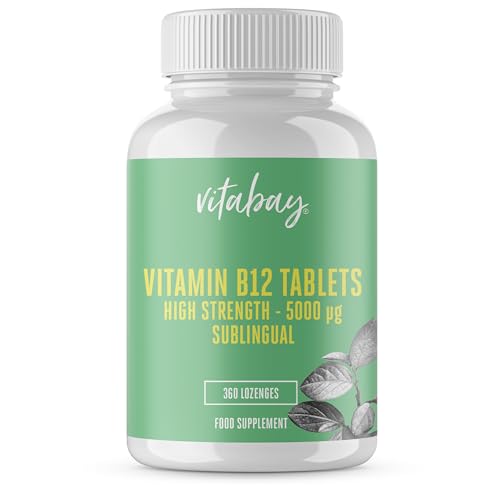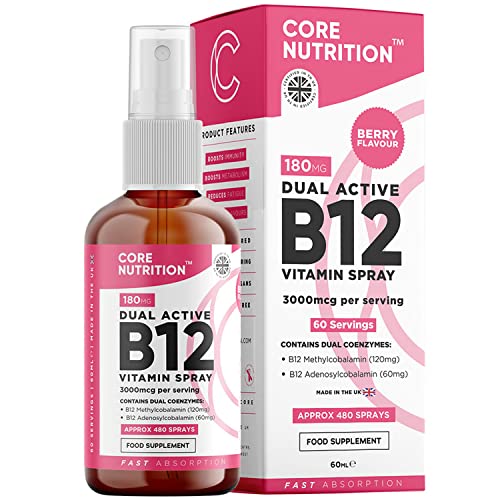Understanding Vitamin B12: What It Is and Why We Need It
What is Vitamin B12?
Vitamin B12, also known as cobalamin, is a water-soluble vitamin that plays a crucial role in various bodily functions. It is essential for the production of red blood cells, DNA synthesis, and maintaining healthy nerve cells. Our bodies cannot produce Vitamin B12 on their own, which means we need to obtain it from external sources.
Why is it Important?
Without adequate Vitamin B12, we risk developing anemia, fatigue, and neurological issues. This vitamin is particularly vital for those with diets that limit animal products, as animal-derived foods are the primary sources of Vitamin B12. Additionally, as we age, our ability to absorb this vitamin decreases, making it even more critical to monitor intake.
The Best Sources of Vitamin B12: Natural vs. Supplement
Natural Sources of Vitamin B12
The best way to get Vitamin B12 is through natural food sources. Animal products such as meat, fish, poultry, eggs, and dairy are rich in this vitamin. For example, a serving of salmon or beef liver can provide several times the daily requirement of Vitamin B12. For vegetarians and vegans, fortified foods such as cereals, plant-based milk, and nutritional yeast are excellent alternatives.
Vitamin B12 Supplements
Vitamin B12 supplements come in various forms, including tablets, capsules, and sublingual forms that dissolve under the tongue. These can be especially beneficial for individuals with absorption difficulties or those who follow a strict vegetarian or vegan diet. Choosing a reputable brand ensures that you receive an effective amount of the vitamin.
Choosing the Right Vitamin B12 Supplement: Key Factors to Consider
Types of Supplements Available
When selecting a Vitamin B12 supplement, consider the different forms available, such as methylcobalamin and cyanocobalamin. Methylcobalamin is the active form and is easily absorbed by the body, making it a popular choice. Besides, check the dosage, as each person’s needs can vary depending on age, dietary restrictions, and individual health conditions.
Checking Labels Carefully
Always read the labels carefully. Look for a supplement that contains a higher dosage if you have a deficiency, but be mindful of excessive doses. It’s also essential to choose a supplement free from harmful additives, allergens, and artificial colours or flavours. This ensures you’re getting a product that’s good for your health.
Recommended Daily Allowance of Vitamin B12: Are You Getting Enough?
Daily Requirements Based on Various Life Stages
The recommended daily allowance (RDA) for Vitamin B12 varies based on age and life stage. For most adults, the RDA is about 2.4 micrograms per day. However, pregnant and breastfeeding women have increased requirements. If you follow a vegetarian or vegan diet, you may need to be particularly mindful of your intake, as your sources may be limited.
Monitoring Your Intake
Keeping track of your Vitamin B12 intake can be straightforward with a well-planned diet. For those concerned about getting enough, consider regular check-ups with your healthcare provider to monitor levels, especially if you experience symptoms such as fatigue or weakness.
Real-Life Benefits of Vitamin B12: What to Expect from Taking It
Improved Energy Levels
One of the commonly reported benefits of adequate Vitamin B12 intake is increased energy levels. Many people notice less fatigue and improved stamina as the vitamin aids in the production of red blood cells, which are responsible for carrying oxygen throughout the body.
Enhanced Cognitive Function
Vitamin B12 is essential for neurological health. Sufficient levels can help improve mood, memory, and overall cognitive function. Those who take Vitamin B12 supplements often report better concentration and mental clarity, which can be especially beneficial in our fast-paced lives.
























